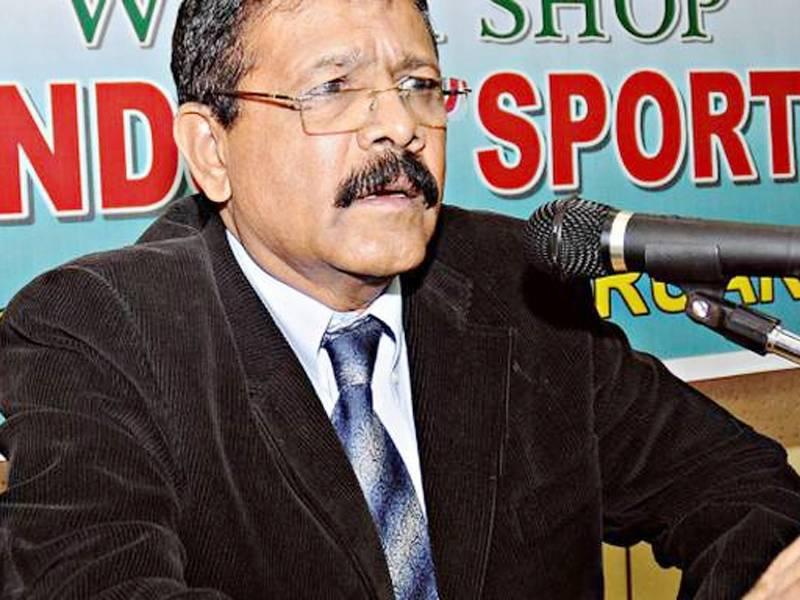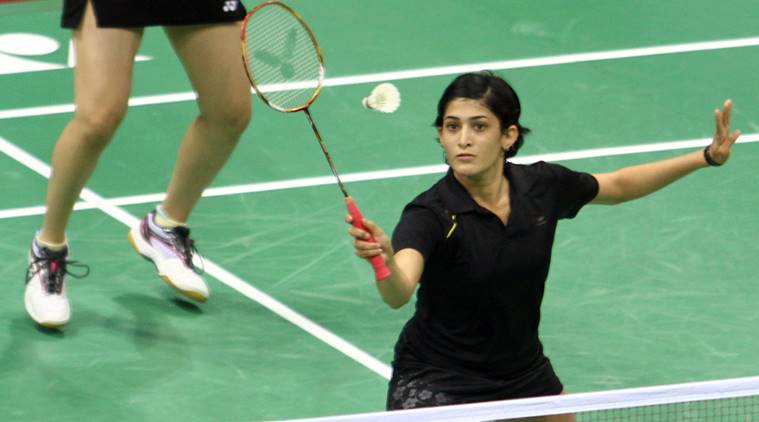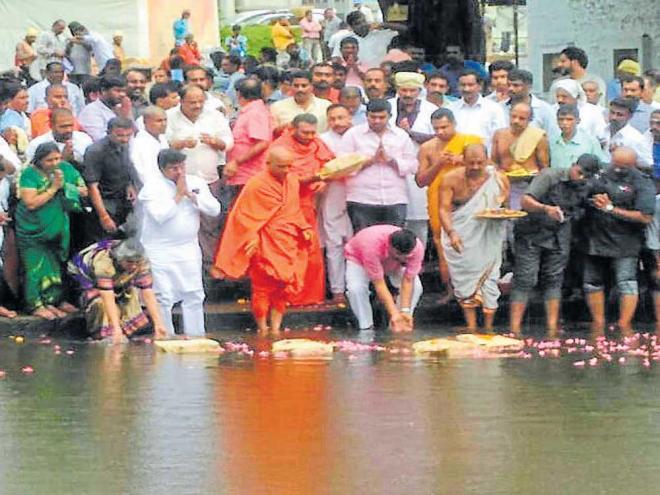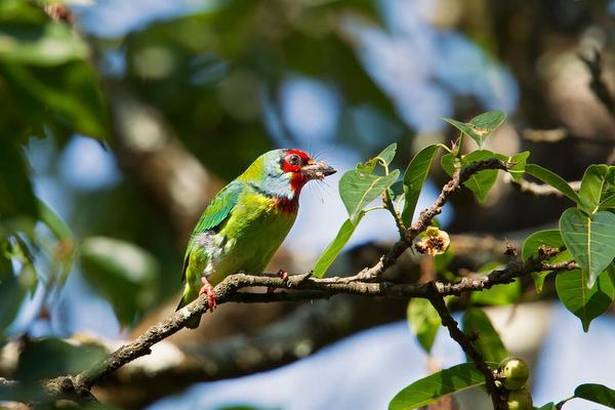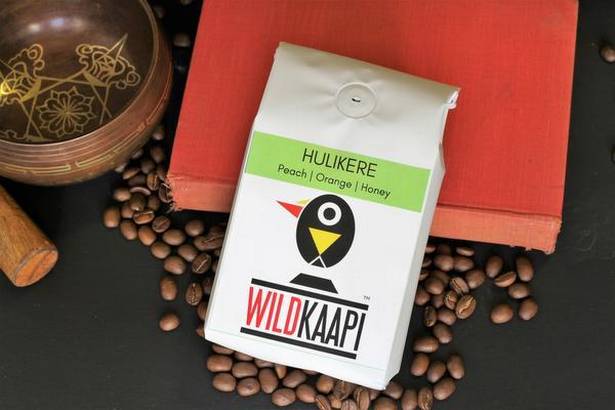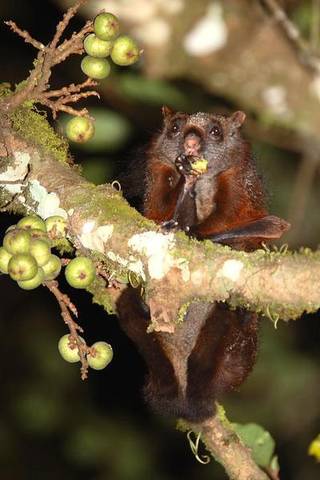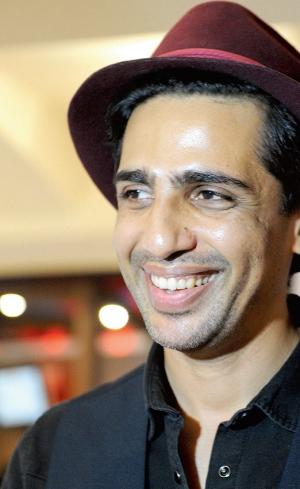
Fresh off his latest film, Gulshan Devaiah recalls working with the late Om Puri, and how actors respond to a ‘real’ location as opposed to a set
Wearing a knee brace and hobbling along on a crutch, Gulshan Devaiah still looks dapper in his hat and shorts when we meet at a at a screening of A Death in The Gunj, in the city. Politely obliging selfie requests, Devaiah tells us how he likes to challenge himself. In this film, (Konkona Sen Sharma’s directorial debut) that would have meant playing the part of Vikram – played by Ranvir Shorey. The rough and tumble alpha male who gets drunk and rides his bike, makes fun of everyone around him and talks with a cigarette in his mouth is nothing like Devaiah in real life. “That’s why, if I’d had the freedom to choose, I would have loved to play him,” he says, half-chuckling, half-regretfully.
He has no regrets, however, over his final turn in the film, what he calls, “the best movie I’ve been a part of”. A lot of it has to do with the stellar ensemble cast – from actors such as Kalki Koechlin, Vikrant Massey, Tillottama Shome and Shorey, to stalwarts such as Tanuja and the late Om Puri. But Devaiah admits that the biggest draw was the chance to be directed by Konkona. Turns out, she was a “sensitive director and a capable writer”.
Much of that comes from her years of experience in front of the camera, Devaiah believes. He recounts how she added little details – nuances and colour – to sequences that make a world of difference to the film and its characters. Such as when a friend lights two cigarettes at a time and offers one to his friend, who is driving the car they are in. “He doesn’t give him a cigarette and offer to light it for him – he lights it and gives it to him. These are things only actors will think of; they may not make sense in isolation. But visually, it makes such a difference – it gives you an insight into the nature of the friendship between the two,” Devaiah explains. It’s the sort of detail that he believes pervades the film, to the point that while watching it, he even “forgot” he was in it. “I’ve had more important roles; longer roles in films where I’ve been the protagonist. But I’ve never been as happy with a film as I am with this one.”
It’s high praise from someone who has worked with the likes of Sanjay Leela Bhansali in Ram Leela. Bhansali, Devaiah lets on, is “everything people say he is, but a whole lot more”. Fun, passionate, sensitive and supportive, Bhansali taught him a lot, he says. “He gave me the freedom to experiment. He takes a long time to shoot, and that can be testing for some people, but once you get going it’s fine. I always felt like I wanted to work more with him; I didn’t want the break that came after 10 days of shooting. He lives for his movies – unfortunately, he doesn’t always find people who share the same level of dedication and commitment.”
It’s been an interesting experience going from that kind of grandeur and opulence, to the realism and small budget of A Death In The Gunj. SLB’s sets can be overwhelming, he admits, so the more time you spend on them, the better it is for you, as you cease to be intimidated and become more comfortable. Plus, working on a set is very different from working in a real location, in that actors have to “tailor their process”, he explains. “Each experience is different. I had to make adjustments in the way I approached my craft. SLB’s movies – the visuals, the melodrama, the music – is all larger than life. You have to submit
yourself to that, and it can be difficult.” Calling filmmaking an “unnatural process”, he explains that shooting in real locations is a little easier. Everything from the way the wind blows to the “reality around you” influences you and subtlely enhances the way you play your character. “On a set you have to use your imagination. Here, you can use more impulse. That’s the basic difference.”
The film is also special to him because it marked one of the last projects for Om Puri, who tragically passed away before he could see the film, Devaiah rues. Still, he has fond memories of working with the thespian, who despite not feeling very well on the set, would light up the atmosphere like “a 5,000-watt bulb”. His craft, Devaiah says, has the ease of a hot knife through butter. As it is with Tanuja. He uses a football metaphor to explain: “When a striker hits a goal, he has people running around him and the goalie running at him, but he still scores. He can do that because there’s a calmness in his mind.” Watching Tanuja and Om Puri do their thing was just like that. “They approach a scene with such steadiness and composure. When the mind is calm it’s active, and when it’s active, it’s creative.” That, he feels, has been the biggest lesson from working with the stalwarts.
There are other lessons here too – like the film’s take on machismo and masculinity. It’s a conversation Devaiah agrees is important to have, given the charged atmosphere in the country regarding gender. He recounts how people in the film industry too submit to these unspoken prejudices, questioning everything from why a man is sitting cross legged to how he is holding his glass. The period film both establishes and questions these
concepts through the protagonist’s (played by Massey) struggle with machismo. In all, it’s been a fruitful experience for Devaiah, who is confident the film will communicate what it wanted to, beautifully.
source: http://www.bangaloremirror.indiatimes.com / Bangalore Mirror / Home> Columns> Sunday Read / by Sowmya Rajaram, Bangalore Mirror Bureau / June 03rd, 2017
